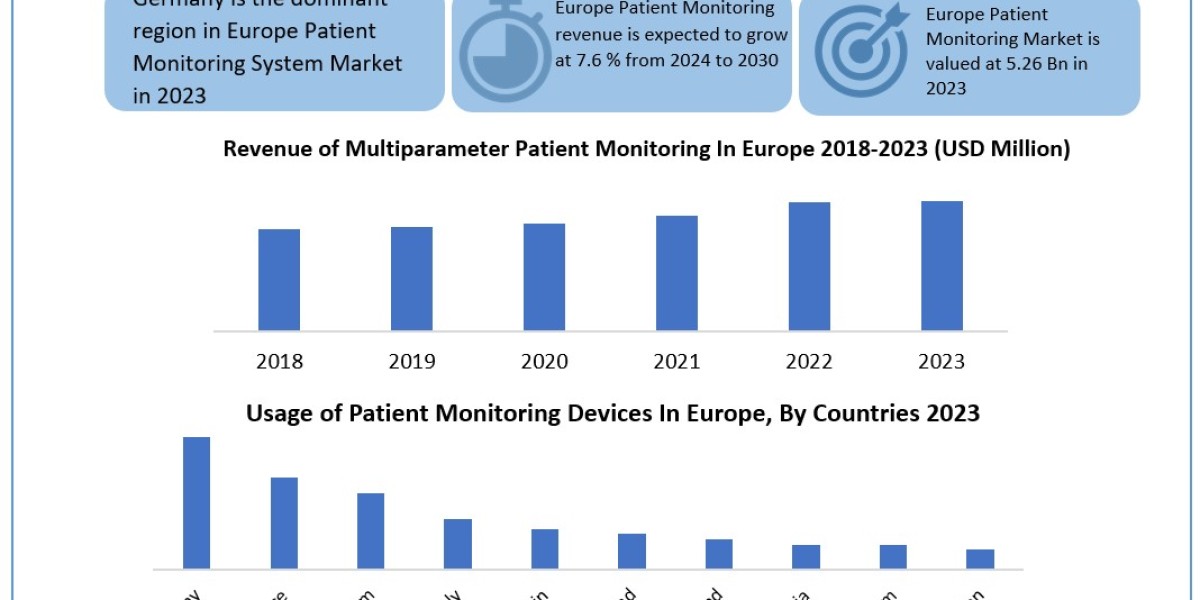Understanding Metabolic Testing Understanding Your Body's Systems Through Precise Evaluation
What is Metabolic Testing?
Metabolic testing, also known as metabolic profiling or metabolic diagnostics, refers to medical tests that measure how the body breaks down food and utilizes nutrients. The human body has thousands of biochemical reactions constantly happening at the cellular level. Metabolic testing evaluates these complex metabolic pathways to identify issues that may be impacting health, performance or disease risk. Some common types of metabolic tests include resting metabolic rate (RMR) testing, body composition analysis, nutrient deficiency screening, hormone level checks and blood glucose monitoring.
Assessing Energy Expenditure
Resting Metabolic Testing (RMR) testing is one of the most frequently used metabolic tests. An RMR test measures how many calories a person burns at complete rest over a 24-hour period. Specialized indirect calorimetry machines are used to analyze exhaled gases, like oxygen consumption and carbon dioxide production, to calculate basal energy expenditure. Knowing an individual's RMR provides useful baseline data for weight management, exercise programming and nutritional needs. RMR tends to decrease with age, weight fluctuations, medical conditions and certain lifestyle factors like smoking. Regular RMR tests can track metabolic changes over time.
Analyzing Body Composition
Beyond weight on a scale, metabolic testing offers deeper insights into body composition or the percentage of fat, muscle, bone and other tissues making up total body weight. Common composition analysis methods include hydrostatic weighing, dual energy X-ray absorptiometry (DXA), bioelectrical impedance analysis (BIA) and bod pods. Body composition impacts health risks and energy needs more so than weight alone. It provides a more meaningful metric for tracking physical changes from diet, exercise or medical interventions. Composition analysis reveals if weight loss objectives are achieving the desired reduction of fat mass versus lean tissue like muscle.
Screening for Nutrient Deficiencies
Comprehensive metabolic panel screening evaluates blood levels of important vitamins, minerals, proteins and other biomarkers that are indicators of nutritional status. This type of metabolic testing checks for deficiencies that could manifest as poor health, low energy levels or impaired function. Common screening analytes include levels of vitamin D, B12, iron, magnesium, protein, cholesterol, glucose and more. Detecting shortfalls early allows targeted supplementation or dietary modifications. Nutrient deficiencies may arise from inadequate intake, poor absorption, excessive loss or increased needs due to age, medications or medical conditions. Catching and addressing deficiencies supports optimal well-being.
Evaluating Hormone Levels
Hormone balance plays a significant role in metabolism, growth, development, tissue function, mood and more. A hormonal evaluation examines key players like thyroid function markers TSH, T3 and T4; sex hormones like estrogen, progesterone, testosterone; stress hormones cortisol and DHEA-Sulfate and others. Abnormal levels can undermine health, weight, performance and disease risk in various ways. Metabolic testing enables practitioners to identify hormonal contributors that may require lifestyle optimizations, bioidentical hormone replacement or other interventions beyond generalized diet and exercise.
Monitoring Blood Glucose
Maintaining steady blood sugar levels is crucial for overall health and energy stability. A glucose tolerance test evaluates blood sugar regulation by analyzing fasting blood glucose and the body's insulin response after consuming a standard glucose drink. Diagnoses of prediabetes and diabetes are based on results. Beyond diagnostic purposes, regular glucose monitoring via finger pricks or continuous glucose monitors provides insights into diet, exercise and medication effects on glycemic control. This supports proactive diabetes management and prevention strategies. Sudden spikes or drops in blood sugar disrupt metabolism and well-being.
Using Metabolic Data for Customized Plans
The comprehensive picture drawn from metabolic assessment testing generates actionable insights towards individualized health, fitness and lifestyle plans. Practitioners use baseline data to identify areas for improvement and tailor targeted diet, exercise, supplementation and treatment strategies for clients. Metabolic testing makes goals and progress tracking objective. Repeated testing over time reveals response to implemented changes and need for further adaptations. Overall metabolic health underlies physical, cognitive and emotional well-being - making it a worthwhile investment. Though sometimes perceived as expensive for clients, the customized direction and guidance towards better health outcomes can provide long-term value.
Get More Insights on- Metabolic Testing
Discover the Report for More Insights, Tailored to Your Language:
About Author:
Money Singh is a seasoned content writer with over four years of experience in the market research sector. Her expertise spans various industries, including food and beverages, biotechnology, chemical and materials, defense and aerospace, consumer goods, etc. (https://www.linkedin.com/in/money-singh-590844163)



